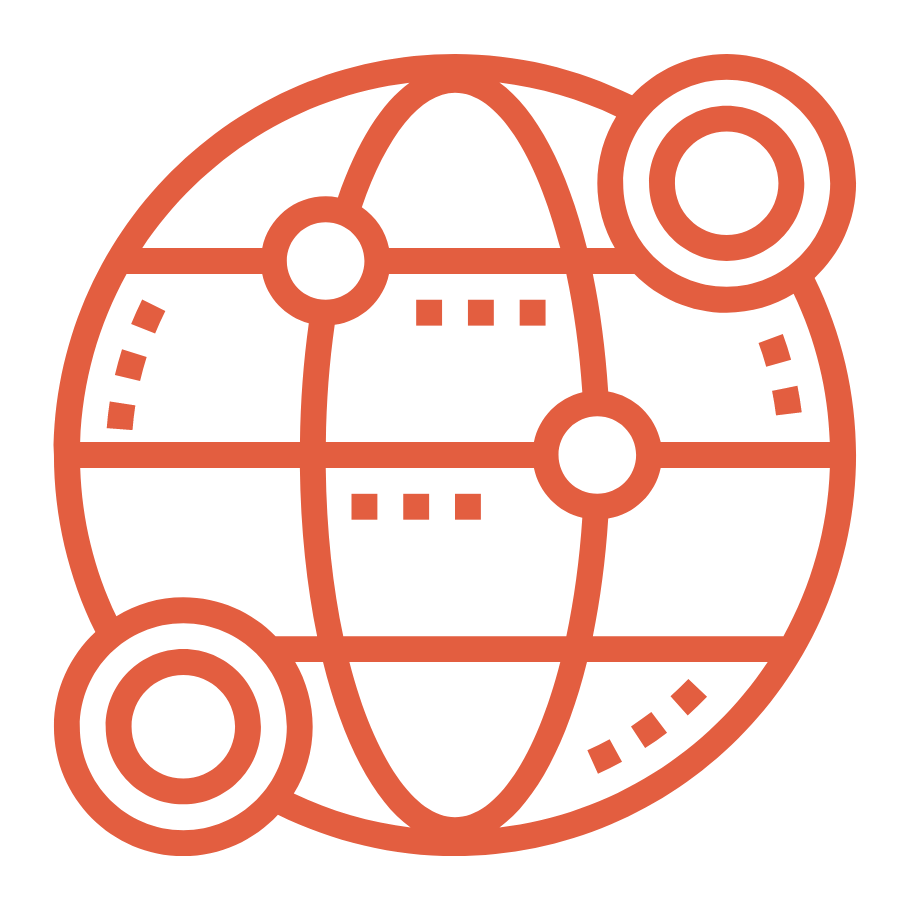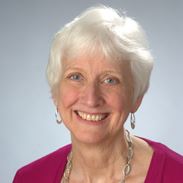
International Speaker Series 1
Saturday 5th June, 9-11am
Inquiry-based Teaching and Learning:
A Re-imagination Journey
Presented by Dr Barbara Stripling
This is the first in a series of two online professional learning events featuring international guest speakers exploring inquiry learning and media literacy issues relevant to teacher librarians and teachers in 2021.
Each session is being held on a Saturday morning from 9-11am, with each 2 hour session consisting of a one hour presentation with Q&A followed by one hour of practical workshop-style activities.
Each session identifies the relevant standards for members to claim these hours as Elective Professional Development.* Completing this first session will provide you with a total of 2 hours of Elective PL.
Each 2 hour session will take place in SLANSW's Zoom conference room.
Those who register for this event will receive an email within 24 hours before the event with details to access this online session.
A maximum of 100 places are available for each session, so get your registrations in ASAP.
If you wish to register for both sessions to receive an extra members' discount, please go the ISS Professional Learning Package on the Events page on SLANSW's website to register for the 2 sessions as a package (do not register for each individual event as you will not get the extra discount).
Please note SLANSW's Cancellation and Refund Policy for Professional Learning Events when registering for this conference.

International Speaker Series: 1 Saturday 5th June, 9-11am
Inquiry-based Teaching and Learning:
A Re-imagination Journey
Presented by Dr Barbara Stripling
Description of session
Join Barbara Stripling on a journey to re-imagine inquiry-based teaching and learning through the school library. In this workshop, you will discover the reasons to move from a research process to an inquiry process, the foundations of the Stripling Model of Inquiry, and the merit of a REACTS taxonomy of creative and authentic assessment products. We will also explore the value of a comprehensive K-12 information fluency continuum that articulates Anchor Standards (Inquiry and Design Thinking, Multiple Literacies, Social and Civic Responsibility, and Personal Growth and Agency) and frames the development of students as information-fluent learners.
We will take a deep dive into the priority skills of information fluency using the Empire State Information Fluency Continuum’s (ESIFC) scope and sequence, and discover the power of graphic organizers to guide students as they learn new inquiry skills. Finally, you will be invited to start your own re-imagination journey by glimpsing Stripling’s newest areas of investigation and having an opportunity to develop your own practice in small-group collaboration with colleagues.
About the presenter
 Dr Barbara Stripling, recently retired, has had a long career in the library profession, including positions as Director of Library Services for the New York City schools, a school library media specialist and school district director of libraries in Arkansas, a library grant program director in Tennessee, and Senior Associate Dean and Associate Professor of Practice in the School of Information Studies, Syracuse University. Barb has written or edited numerous books and articles and is the creator of the Stripling Model of Inquiry. Stripling has recently developed and published (in April 2019) a re-imagined version of the Empire State Information Fluency Continuum, a PK-12 continuum of the skills that teacher librarians teach to empower students to be lifelong learners. Stripling has served the profession as president of the American Association of School Librarians (1986-1987), president of the New York Library Association (2016-2017), president of the American Library Association (2013-2014), and current president of the Freedom to Read Foundation (2020-).
Dr Barbara Stripling, recently retired, has had a long career in the library profession, including positions as Director of Library Services for the New York City schools, a school library media specialist and school district director of libraries in Arkansas, a library grant program director in Tennessee, and Senior Associate Dean and Associate Professor of Practice in the School of Information Studies, Syracuse University. Barb has written or edited numerous books and articles and is the creator of the Stripling Model of Inquiry. Stripling has recently developed and published (in April 2019) a re-imagined version of the Empire State Information Fluency Continuum, a PK-12 continuum of the skills that teacher librarians teach to empower students to be lifelong learners. Stripling has served the profession as president of the American Association of School Librarians (1986-1987), president of the New York Library Association (2016-2017), president of the American Library Association (2013-2014), and current president of the Freedom to Read Foundation (2020-).
* Elective Professional Development
As NESA changes continue to unfold, this ISS professional learning session is an Elective Professional Development opportunity. The following standards apply to the content being presented in the keynotes and workshops:
1.2.2 Structure teaching programs using research and collegial advice about how students learn.
2.2.2 Organise content into coherent, well-sequenced learning and teaching programs.
3.3.2 Select and use relevant teaching strategies to develop knowledge, skills, problem-solving, and critical and creative thinking.
6.4.2 Undertake professional learning programs designed to address identified student learning needs.
7.4.2 Participate in professional and community networks and forums to broaden knowledge and improve practice.
